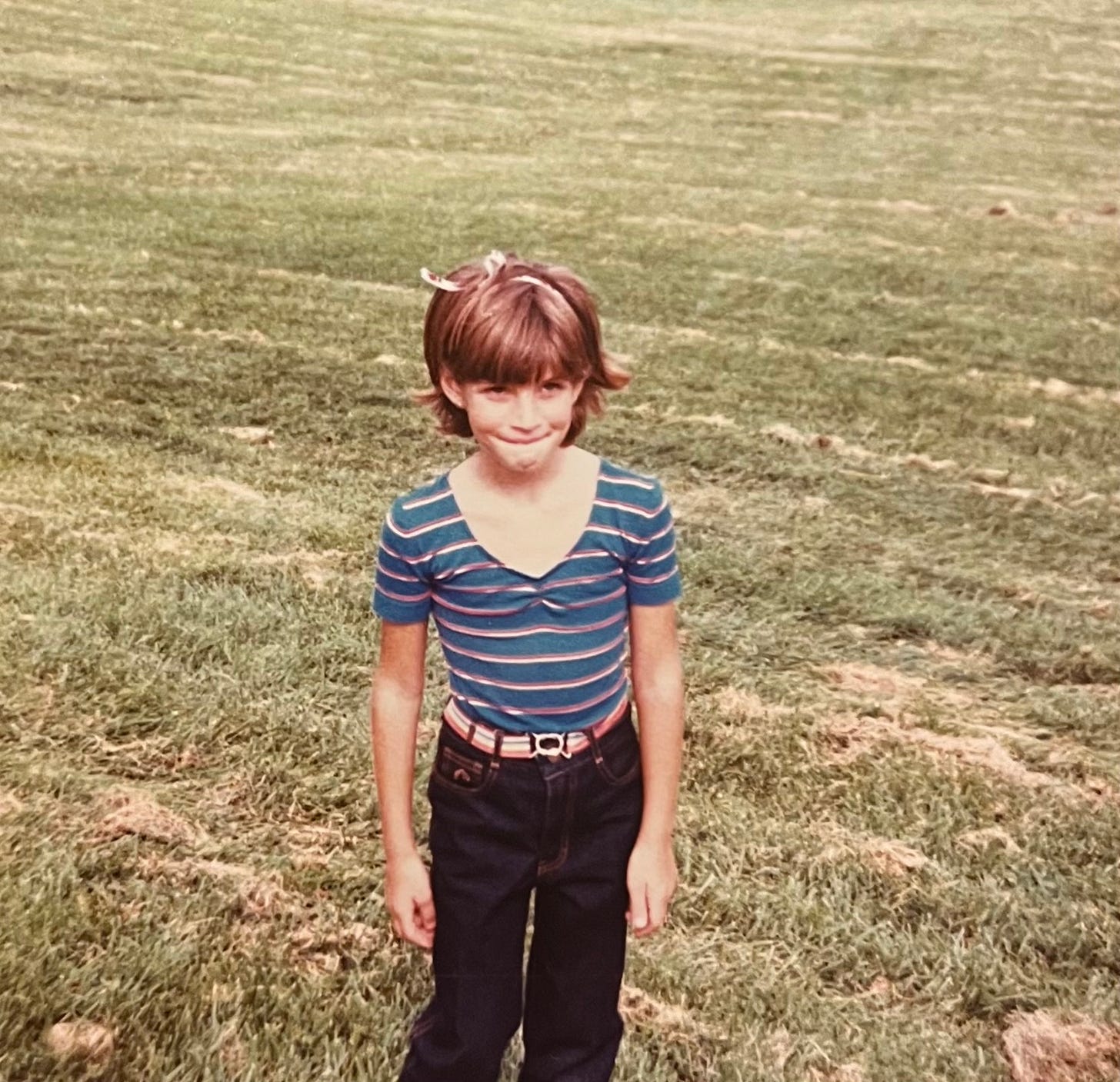There are certain families that get watched more closely than others.
Not because they’re dangerous, but because they’re useful.
Or potentially volatile.
Or embedded deep enough in the system to matter.
It doesn’t always look like surveillance.
There’s no need for that.
They’ve built quieter ways to track proximity to power.
Sometimes it’s a parent with a high-level clearance.
Sometimes it’s a military background, a defense contract, an embedded career in tech, medicine, policy, or law.
Sometimes it’s just the right zip code. The right school district. The right amount of silence around the dinner table.
These families don’t always know they’re being watched.
They don’t have to.
They’ve already been trained to internalize control.
Children in these households grow up around unspoken rules.
About what not to talk about.
What not to feel.
What not to ask.
They learn early how to act appropriate in public.
How to keep secrets.
How to disappear emotionally without leaving the room.
These aren’t random behaviors.
They’re adaptive codes—responses to environments where control is currency and transparency is liability.
The deeper the clearance, the more detached the culture.
Intimacy becomes a risk.
Emotion becomes a weakness.
Questions become threats.
And the children carry that.
They carry the pressure to perform.
To behave.
To uphold the appearance of stability at all costs.
And if they start to break—if they develop anxiety, depression, chronic illness, oppositional behavior—no one sees the system behind it.
It’s treated as an individual malfunction. A chemical imbalance. A phase.
They get treated. Not listened to.
They get restructured. Not understood.
Because to acknowledge the impact of the system would be to disrupt the very structure their parents depend on.
And so the children get labeled.
Quietly. Gently. Institutionally.
Behavioral flags. IEPs.
Medical notes. Therapist referrals.
All of it goes into a system that already knows the risk profile of their household.
Not because the parent is dangerous.
But because the parent has access.
And access comes with oversight.
The child becomes an extension of that profile.
They’re monitored. Tracked. Assessed for patterns.
If they follow expectations, they’re rewarded.
If they rebel, they’re watched more closely.
If they start to remember who they are, they get redirected.
Some are funneled into leadership roles.
Some are given extra support, extra programming, extra sedatives.
Not to help them, but to keep the structure intact.
Because the structure is the priority.
Not the soul. Not the spirit.
Not the truth of what they’re actually carrying inside.
Some families notice the distance.
They see the child withdrawing.
But they’ve been taught to see it as a problem to solve. Not a message to receive.
They’ve been taught to trust the system.
Because the system pays the bills.
Because the system offers safety.
Because the system holds the narrative.
And if they ever start to question it, they feel it.
That pressure. That heat.
That subtle tightening of resources.
That sudden reassignment.
That shift in tone from allies who used to speak more freely.
So most of them stay quiet.
They comply, because compliance is rewarded.
They keep their heads down.
They manage their kids through systems they no longer believe in.
And the children grow up inside that container.
Under glass.
Never alone, never sovereign, never allowed to come fully into themselves without scrutiny.
Some never get out. But some of them do.
Some of them crack through the illusion.
Not with rage, but with clarity.
They see what their family couldn’t.
They feel what no one else would name.
They realize their suffering wasn’t dysfunction—it was information.
Their illness wasn’t weakness—it was rejection of a lie.
And they begin to walk out of the containment, slowly, steadily, without apology.
These are the ones who disrupt the whole lineage.
Not because they hate their parents, but because they finally stop pretending that silence is love.



